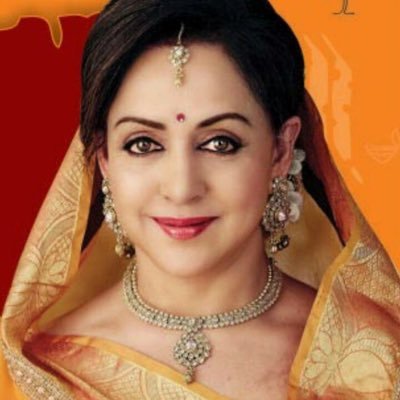By Brij Khandelwal
Vrindavan– Alarmed by increasing “assaults on the original and natural character” of the Hindu holy town, the “leela-sthal” of Lord Krishna and Radha, temple priests and owners of “Devalayas” here have joined hands to launch a sustained movement against “governmental interference”.
They have formed the Vrindavan Devalaya Sangh to protest what they allege are continued attempts to “dilute” the autonomy of the temples and “drastically change the physical landscape of the holy land” in the name of development.
Already 15 well known temples have joined the front headed by Gopinath Lal Dev Goswami, who has demanded adequate representation in official bodies floated by the state government to speed up development of the area, identified as part of a new tourism circuit by the Adityanath Yogi government, which has floated the Braj Teerth Vikas Parishad.

Vrindavan was recognised as an independent municipal body by the British government in 1865, much before Mathura. “However the present government has merged Mathura and Vrindavan to form the new municipal corporation. We have protested and opposed this move, as it has undermined the distinct identity and character of Vrindavan,” said Jagan Nath Poddar, convener of the Braj-Vrindavan Heritage Alliance.
The Yogi government has taken up several developmental programmes for the entire Braj area spread over 150 km, comprising Goverdhan, Barsana, Gokul, Mathura and Vrindavan.
The local BJP MP, film actor Hema Malini, has been particularly active in getting pending projects speeded up before 2019, when the Lok Sabha polls will be held. She has already expressed her wish to represent the land of Lord Krishna again in the next general elections. “Hema Malini has been spending a lot of time here and a huge mansion is under construction where she would be living after exit from politics to serve Sri Krishna-Radha,” local activist Pavan Gautam told IANS.
The chief priest of the Sri Radha Raman temple, Acharya Sri Vats Goswami, told IANS: “It is not just the question of constant interference in the working of the local temples and building pressure to change the ritualistic culture of Vrindavan, we are equally concerned about the overall direction of change and development in the Braj area. The original glory and character of the Braj area has to be insulated against spurious development. We have neither been able to save the forests nor the water bodies — including the Yamuna river.”
The chief problem is that “outsiders” are deciding what would be good for Braj area, said Madhu Mangal Shukla, a petitioner in the Allahabad High Court to stall construction work in the Yamuna flood-plains in Vrindavan. “You have the local municipal bodies, then the Mathura Vrindavan Development Authority, the Braj Teerth Development Board, the Shrine Boards, and half a dozen other institutional mechanisms often seen at loggerheads and pulling in different directions,” Shukla added.
Pandas or temple priests of Goverdhan, the holy hill that little Krishna is believed to have lifted on his finger to save Brajbasis from the wrath of Indra Dev, are in ferment, protesting the Uttar Pradesh government’s decision to constitute a Shrine Board, headed by an IAS official. The local pandas see this as a move to deprive them of the earnings from donations and worship of the “Goverdhan Parbat” at Daan Ghati and other places.
In Vrindavan, priests of the famous sri Bankey Bihari temple have protested government interference in the time schedule of darshans. The officials want the temple to remain open for longer hours, but the priests see this as a direct attempt to limit their freedom and traditions. (IANS)













